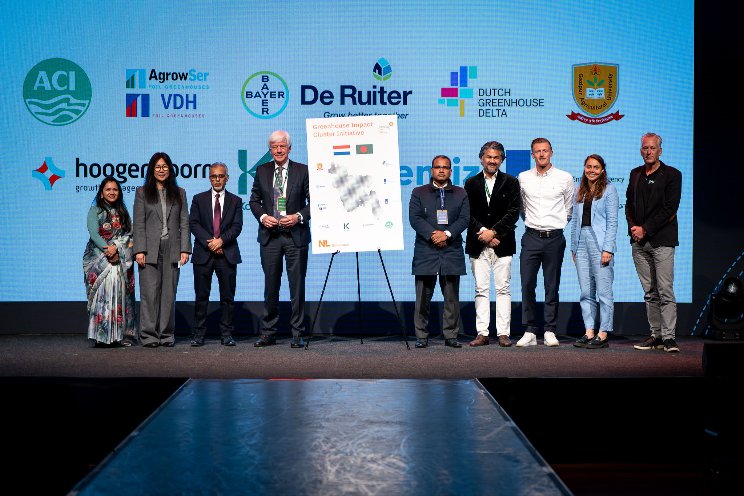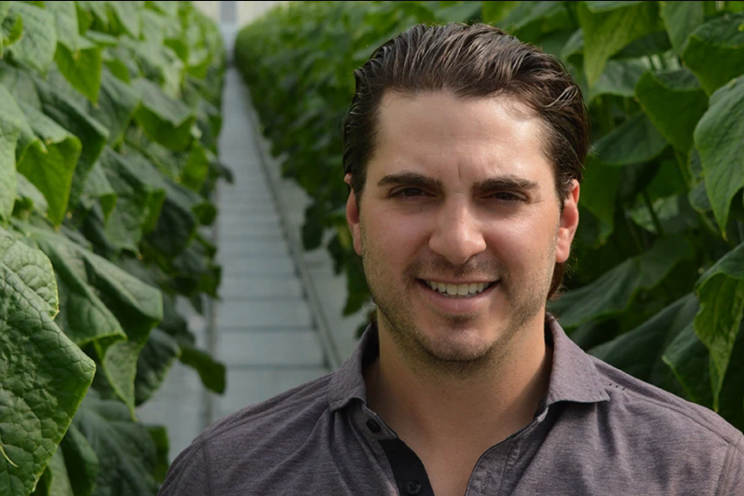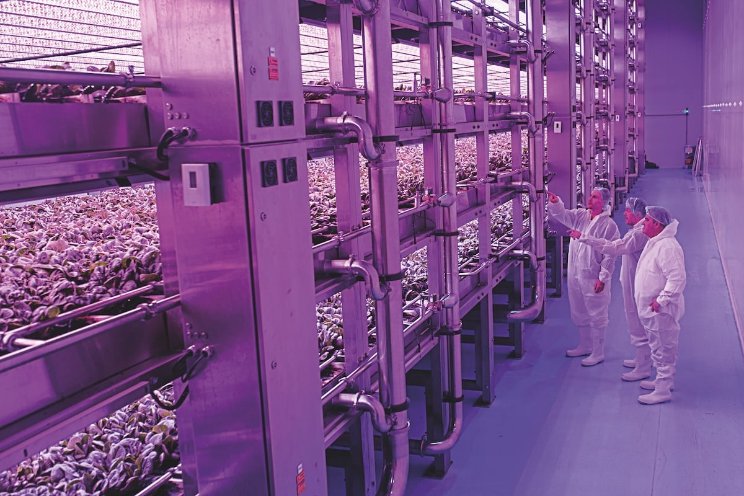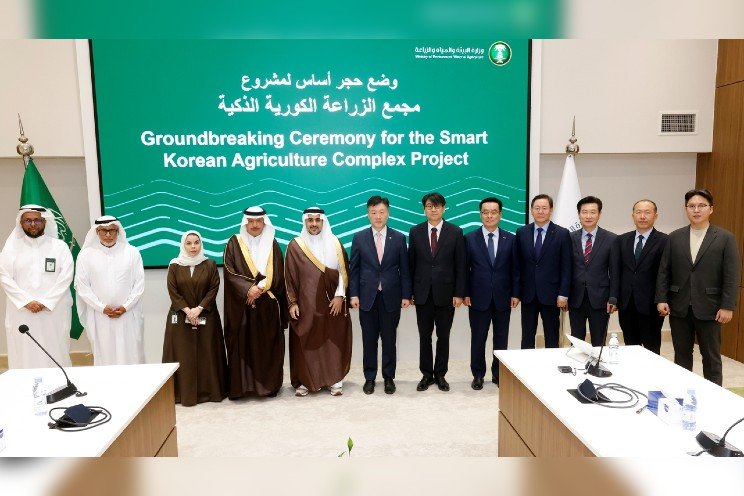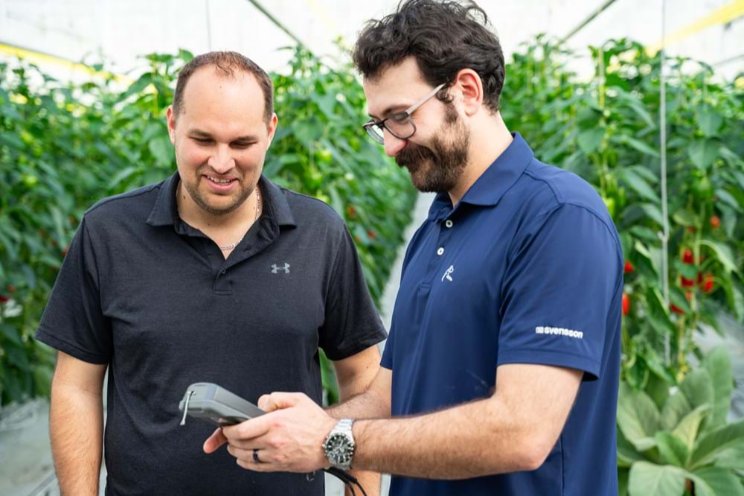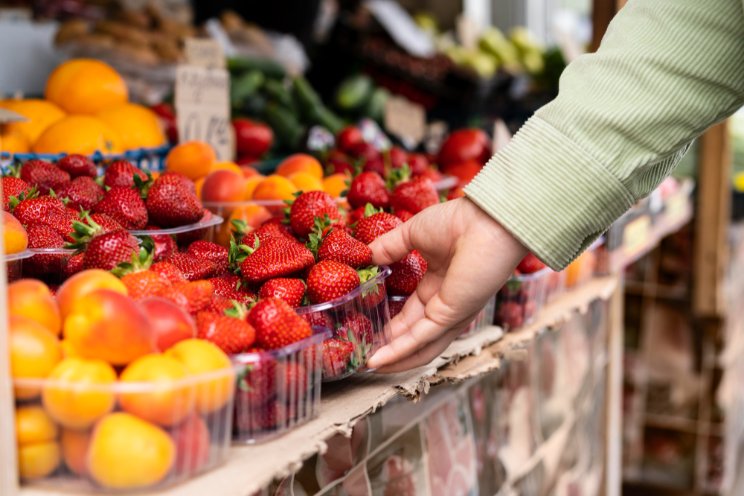Bayer invests €2 million in Colombian agri sector
Added on 12 May 2021
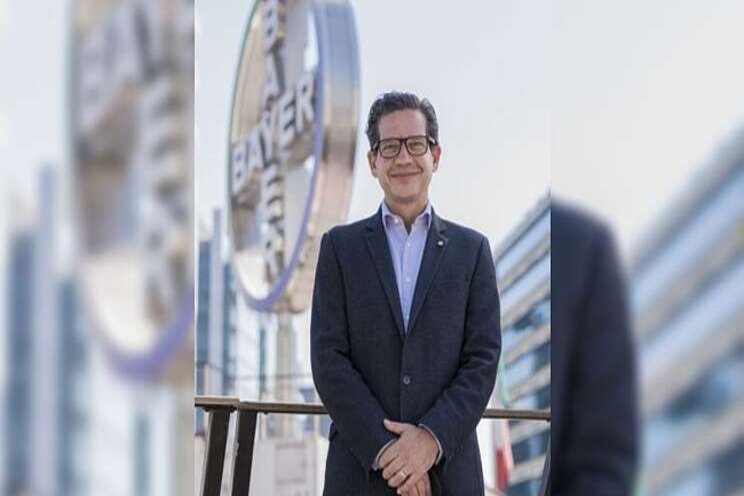
Bayer has allocated €2.5 billion in research and development at the global level for the agricultural sector, not counting the pharmaceutical division.
The manager pointed out that one of the most important pillars for Bayer in the agricultural aspect is investment in sustainability and for this, they have made investments in their plants in Colombia located in Barranquilla and La Tupia (Valle del Cauca) so that by 2030, it is a company with zero carbon emissions into the atmosphere.
"The commitment in 2030 is that all our internal operations have a zero footprint of greenhouse gas emissions and part of the €2 million that we are investing in 2021, both in Barranquilla and Valle del Cauca, or €1 million each for the plants, has to do with improving the infrastructure, very much in line with our sustainability pillar," Bravo explained.
Sustainability and agriculture are issues that go hand in hand for Bayer since the general purpose for this industrial activity is to reduce greenhouse gas emissions from agribusiness activity by 30%, where agriculture produces about 25% of this contamination.
In line with this objective, work is being carried out in the area of research and development to develop business models that translate into reducing the impact of agrochemicals in agriculture. "This means that we are investing in new generation products that reduce the chemical load, are more efficient and require fewer applications to use," Bravo stated.
Situation in Colombia
Agriculture was one of the sectors that accelerated the maximum change during the pandemic and for Bravo, the objectives that were planned to be a reality in two or three years, began to be seen from this year. "Agriculture should have grown 3% to 5% in general in the region, it is not specific data by country, but it had a growth above the gross domestic product of countries such as Mexico, which fell 8.5% or in economies that lost 4% last year," he indicated.
The growth of agriculture was due to the pandemic and it was one of the few sectors that reinvented itself and had to see how to transform itself to keep crops active and put food in cities. "The region maintained its rhythm in agriculture and Colombia grew faster than our economies decreased in the countries where we as Bayer are present. That allowed us to follow the farmers very closely and to be able to accompany them in their growth," he added.
For Bravo, one of the challenges for the company is to find solutions to improve the quality of life of Latin American farmers, because as is known, there are many who, despite growing the food that reach the cities, find themselves trapped below the poverty line.
To this end, they are developing alternatives such as Orbia, an agricultural marketplace where producers can find solutions for their crops that are not only from Bayer but also from any other product that they need.
It also manages a part of farmer loyalty and as a final objective it ensures that all distributors and farmers have facilities there to break down the barriers that farmers have in the marketing of their products.
The Orbia model is currently operating in Brazil but in the second stage it will be available in Colombia, Mexico and Argentina, which together with Brazil make up the four most relevant markets in Latin America for Bayer and for agriculture.
Source and Photo Courtesy of Ag News
Source: Ag News
More news
